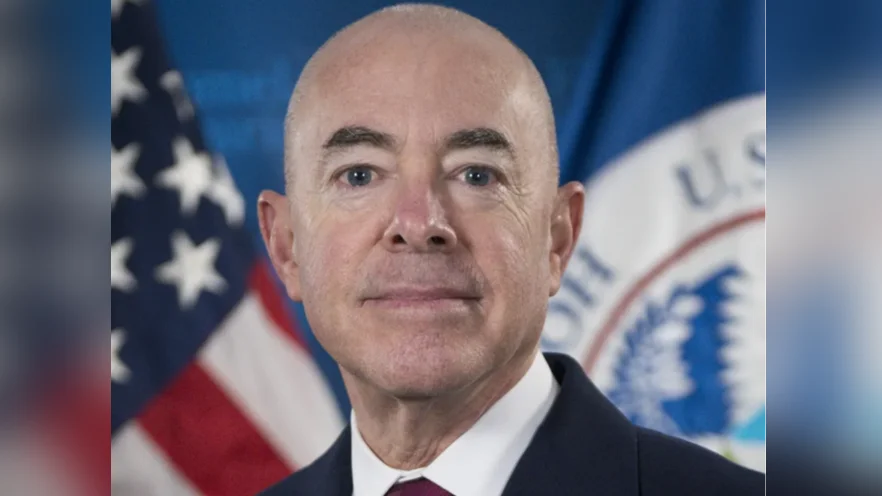Jennifer Bos, whose daughter Megan was killed earlier this year, has published an op-ed criticizing Illinois sanctuary policies and state legislation that she says contributed to the failure of the justice system in her daughter’s case. The U.S. Department of Homeland Security (DHS) highlighted Bos’s op-ed, which appeared in the Federalist.
Bos describes how her daughter, Megan, went missing in Waukegan, Illinois, on February 19, 2025. Megan was found dead on April 10, 2025. According to Bos, Megan’s body was discovered in a bleach-filled trash can in the yard of Jose Luis Mendoza-Gonzalez, an undocumented immigrant. “For nearly two months, her body lay hidden in a bleach-filled trash can in the yard of Jose Luis Mendoza-Gonzalez, an illegal immigrant, just 100 feet from where I and volunteers had searched — from where we had hung missing persons posters in the weeks prior. We had even knocked on his door, just 10 days after I reported her missing … a mere tenth of a mile from where she had last been seen,” Bos wrote.
Bos argues that Illinois’ sanctuary policies and recent criminal justice reforms allowed Mendoza-Gonzalez to be released quickly after being charged. “The Pretrial Fairness Act, part of Illinois’s 2021 Safety, Accountability, Fairness and Equity-Today legislation, promised reform by eliminating cash bail and prioritizing pretrial release. In Megan’s case, it delivered neither safety nor fairness. The law, touted by Gov. Pritzker as ‘historic reform to ensure pretrial detainment is determined by the danger an individual poses to the community instead of by their ability to pay their way out of jail,’ allowed the man who allegedly concealed and abused my daughter’s body to be released in less than 24 hours. He was released unmonitored, to his home, which is also the crime scene,” Bos wrote.
She further states that she had to report Mendoza-Gonzalez to Immigration and Customs Enforcement herself because state policies prevented local law enforcement from cooperating with federal immigration authorities. “When I learned of the undocumented suspect’s release, I was consumed by grief and outrage. My feelings were echoed by statements from state leaders and local politicians, equally as dumbfounded and enraged as I was. Mendoza-Gonzalez, who confessed to authorities that he hid my daughter’s body, bathing in bleach for months, was free because of Illinois’ sanctuary policies and the SAFE-T Act’s leniency,” she said.
Bos criticized Governor J.B. Pritzker for not reaching out after Megan's death: “To this day, Gov. Pritzker has never reached out to me — not to offer condolences, not to acknowledge Megan’s death, and certainly not to take responsibility for the policies that failed her.”
She concludes with a call for reforms prioritizing victims: “Megan’s story should have sparked a reckoning about supporting addiction recovery and ensuring justice for victims. Instead, Illinois politicians hid behind sanctuary rhetoric, deflecting blame and protecting a broken system. For Megan and others failed by sanctuary policies and soft-on-crime reforms, we must demand a system where justice comes before politics. Watch what happens when we put victims first.”
The full op-ed can be read at The Federalist website.





